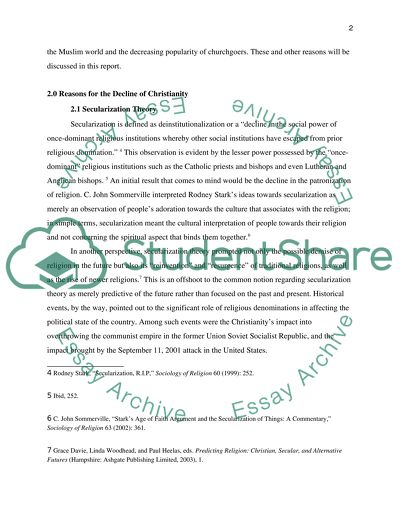Cite this document
(“The Decline of European Christianity Research Paper”, n.d.)
Retrieved from https://studentshare.org/history/1467160-the-decline-of-european-christianity
Retrieved from https://studentshare.org/history/1467160-the-decline-of-european-christianity
(The Decline of European Christianity Research Paper)
https://studentshare.org/history/1467160-the-decline-of-european-christianity.
https://studentshare.org/history/1467160-the-decline-of-european-christianity.
“The Decline of European Christianity Research Paper”, n.d. https://studentshare.org/history/1467160-the-decline-of-european-christianity.


